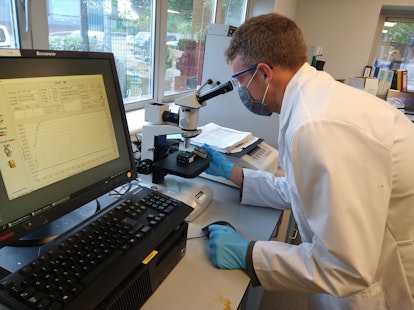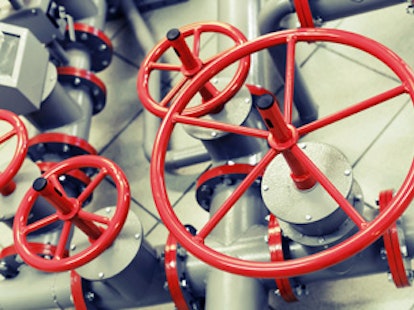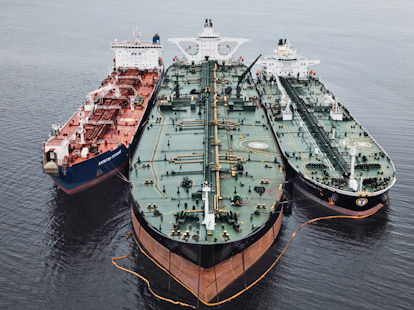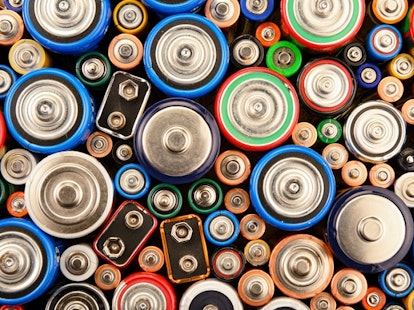April 02, 2020
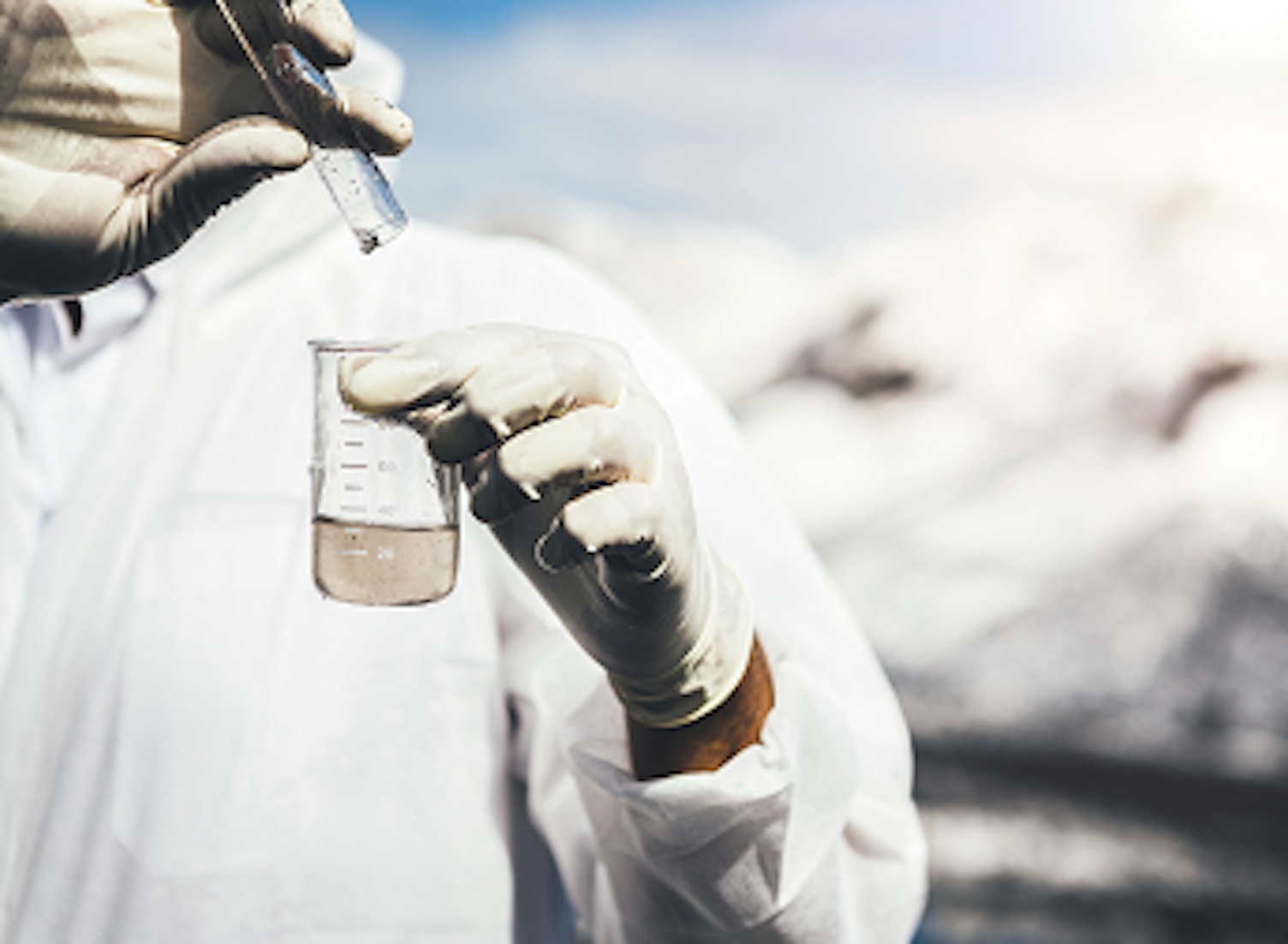
Geothermal energy or geothermal heat is the heat source of the future. The extraction of heat from the earth means we are now able to heat more and more houses and greenhouses in a sustainable way. The popularity of this heating method has increased in recent years, and the number of geothermal heat projects and drilled wells has also increased as a result. However, it is a very complex process, for which the experienced SGS team is happy to offer support.
Geothermal energy in the Netherlands
For this sustainable energy source, wells are drilled to a depth where there is sufficient natural heat. Geothermal water comes to the surface via a geothermal energy installation. This installation comprises of a production well and an injection well, which together are called a doublet. The production well collects the hot water, and the injection well injects the cooled water back into the earth.
In the Netherlands, we have to drill 1-3 km below ground level to find temperatures between 60 and 100 °C. The drilling depth is important: the deeper you drill, the warmer the water. However, the deeper you drill, the higher the chance of higher salt concentrations. In addition, the water may also contain toxic components such as lead, cadmium and mercury. This also applies to the test water that is released during the first drilling operations. Without laboratory measurements, the discharge of this test water can cause unforeseen damage to people and the environment.
Monitoring geothermal water
The properties of the geothermal water may also have consequences for the well itself. The salt water may cause corrosion damage. It is therefore very important to carry out periodic analysis on the geothermal water. Most control systems of geothermal installations measure a number of basic values themselves. In addition, SGS analyses the water for pH, microbiological tests and salinity. If changes to these values are noted, this can indicates corrosion processes in the geothermal well. The results of the water analysis inform the decisions for which measures to take. The geothermal process can release oil or gases during drilling or production, although this is not the objective. SGS can analyse the composition or calorific value of these.
All the required expertise under one roof
Geothermal heat projects in the Netherlands are still relatively new, as is the technology. SGS is a much sought-after partner because we have all the knowledge and expertise in-house to steer the geothermal energy process in the right direction. With the expertise we possess for water, oil & gas drilling, as well as geothermal exploration studies, in our various departments, we can fully support you in the management of the geothermal process.
Would you like to learn more?
We would be delighted to provide you with more information. Please contact us by email or by phone via +31 (0)88 214 3340.
For this sustainable energy source, wells are drilled to a depth where there is sufficient natural heat. Geothermal water comes to the surface via a geothermal energy installation. This installation comprises of a production well and an injection well, which together are called a doublet. The production well collects the hot water, and the injection well injects the cooled water back into the earth.
In the Netherlands, we have to drill 1-3 km below ground level to find temperatures between 60 and 100 °C. The drilling depth is important: the deeper you drill, the warmer the water. However, the deeper you drill, the higher the chance of higher salt concentrations. In addition, the water may also contain toxic components such as lead, cadmium and mercury. This also applies to the test water that is released during the first drilling operations. Without laboratory measurements, the discharge of this test water can cause unforeseen damage to people and the environment.
Monitoring geothermal water
The properties of the geothermal water may also have consequences for the well itself. The salt water may cause corrosion damage. It is therefore very important to carry out periodic analysis on the geothermal water. Most control systems of geothermal installations measure a number of basic values themselves. In addition, SGS analyses the water for pH, microbiological tests and salinity. If changes to these values are noted, this can indicates corrosion processes in the geothermal well. The results of the water analysis inform the decisions for which measures to take. The geothermal process can release oil or gases during drilling or production, although this is not the objective. SGS can analyse the composition or calorific value of these.
All the required expertise under one roof
Geothermal heat projects in the Netherlands are still relatively new, as is the technology. SGS is a much sought-after partner because we have all the knowledge and expertise in-house to steer the geothermal energy process in the right direction. With the expertise we possess for water, oil & gas drilling, as well as geothermal exploration studies, in our various departments, we can fully support you in the management of the geothermal process.
Would you like to learn more?
We would be delighted to provide you with more information. Please contact us by email or by phone via +31 (0)88 214 3340.
